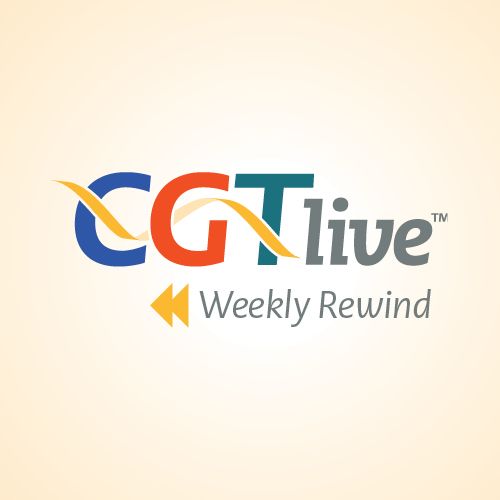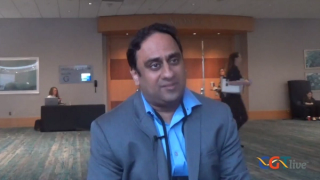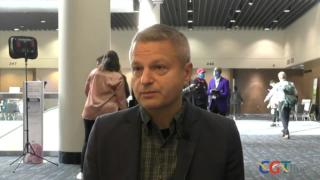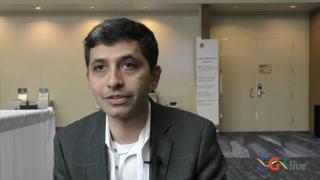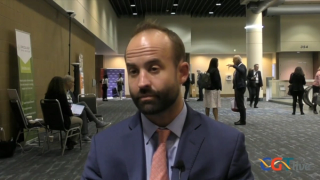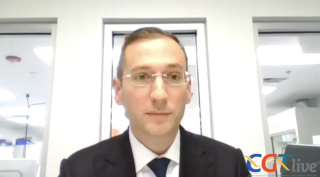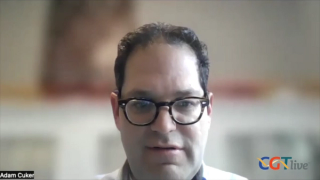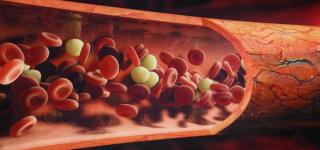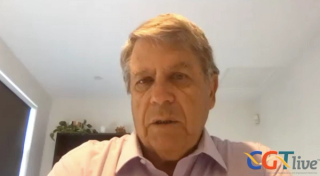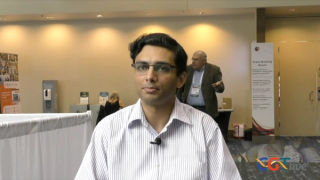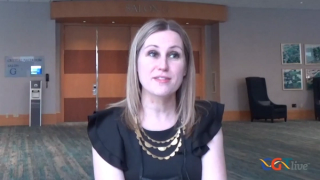
Hematology
Latest News
Latest Videos

CME Content
More News

The company also shared that it has manufactured sufficient IDP-023 to supply the Phase 1 clinical trial through the second half of 2024.
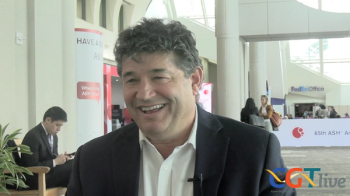
The clinical professor in the Department of Human Genetics at University of Texas Rio Grande Valley discussed how a personalized gene editing approach may help patients avoid development of FVIII inhibitors.
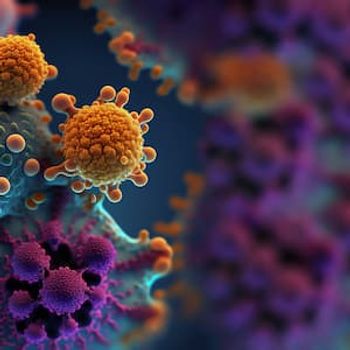
Sana also recently announced data from the first patient treated with its CD19-targeted CAR.

Review top news and interview highlights from the week ending January 26, 2024.
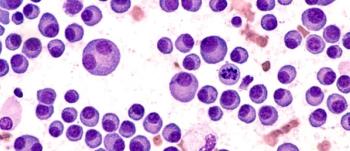
The European Medicines Agency Committee for Advanced Therapies will likewise hold a SAG-O meeting regarding the Type II variation application for the CAR-T in the EU.
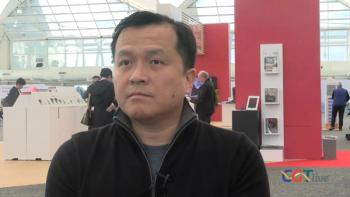
The clinical assistant professor at Stanford Medicine also shared his excitement on the recent approvals of lovo-cel and exa-cel.

Catch up on the latest news, breakthroughs, and announcements from biotechnology companies making advancements in cell and gene therapies.
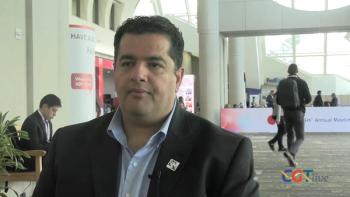
The associate professor at Fred Hutch Cancer Center discussed trends he observed in the field in 2023 and at ASH 2023.

The postdoctoral researcher at Laboratory for Translational Cancer Immunology, Ludwig-Maximilians-Universität München, discussed research he was excited to see at ASH 2023 and in the field in general.

The agency does not have plans for an advisory committee meeting to discuss obe-cel, which is an investigational autologous CD19-directed CAR-T therapy.

In light of this major decision by the agency, CGTLive™ decided to reach out to several experts to get their thoughts on how exa-cel could impact the landscape of care for TDT.
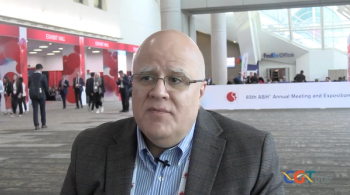
The Medical Director of Pediatric Hematology/Oncology at Sarah Cannon Research Institute discussed unmet needs that remain after gene therapy approval for SCD.

Review top news and interview highlights from the week ending January 19, 2024.
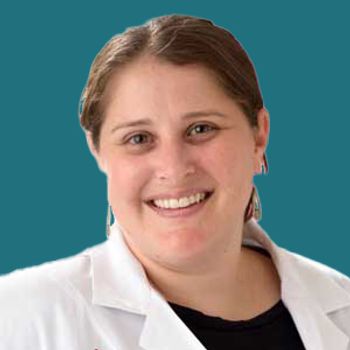
Tami John, MD, a clinical associate professor at Stanford Medicine, also discussed ongoing trends in sickle cell disease research.
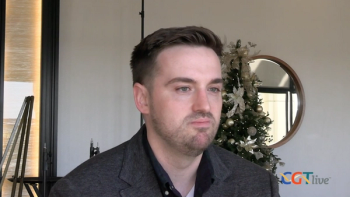
The chief hematology/oncology fellow at University of Chicago discussed further research his center is working on with cell therapy in B-cell acute lymphoblastic leukemia.
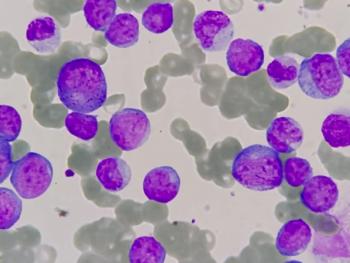
Hemogenyx originally submitted the IND to the FDA in May 2023 with the intention of gaining clearance for a phase 1 clinical trial in acute myeloid leukemia.
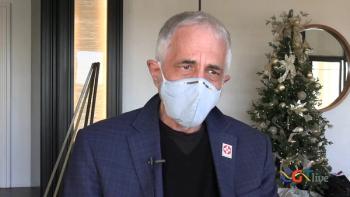
The cofounder, executive vice president, and chief medical officer, CLL Society, discussed unmet needs that remain for people with CLL and how the society is working to advance research in the field.

Catch up on the latest news, breakthroughs, and announcements from biotechnology companies making advancements in cell and gene therapies.
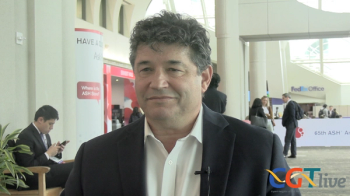
The clinical professor in the Department of Human Genetics at University of Texas Rio Grande Valley discussed research on racial differences in the Factor VIII gene that can impact treatment efficacy for hemophilia A.
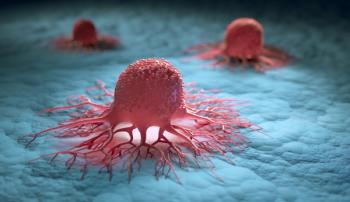
Three of CARsgen’s CAR therapies are currently on clinical hold due to CMC questions.

The therapy’s original PDUFA date was March 30, 2024, but the TDT approval followed only a month after exa-cel's sickle cell approval.
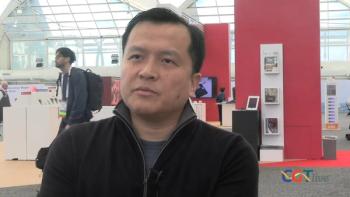
The clinical assistant professor at Stanford Medicine discussed outcomes of the first patient that received KMAU-011.

Tami John, MD, a clinical associate professor at Stanford Medicine, discussed a study on samples from patients who had received either HSCT or gene therapy for sickle cell disease.
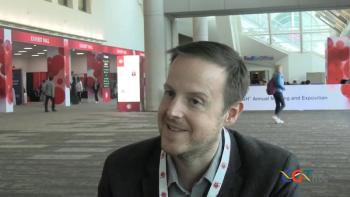
The associate professor at Peter MacCallum Cancer Centre discussed highlights from the 2023 ASH meeting.

Review top news and interview highlights from the week ending January 12, 2024.

